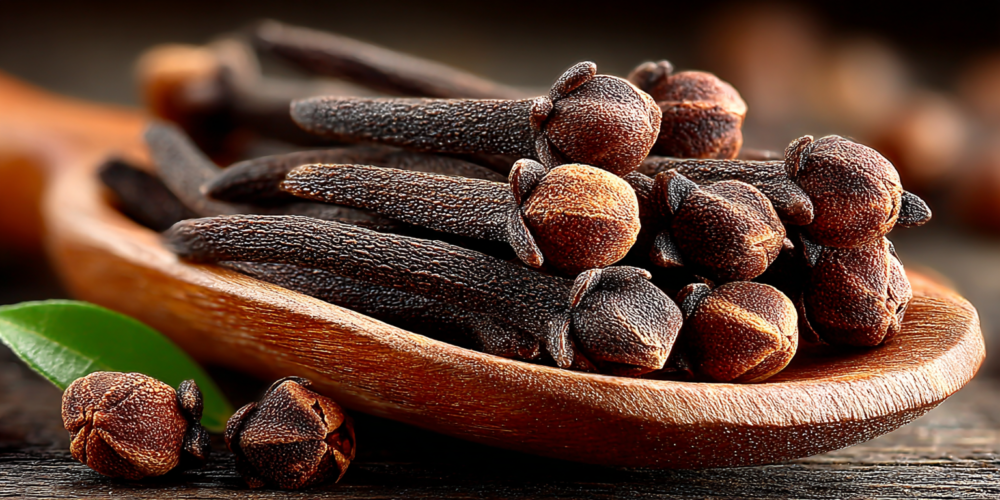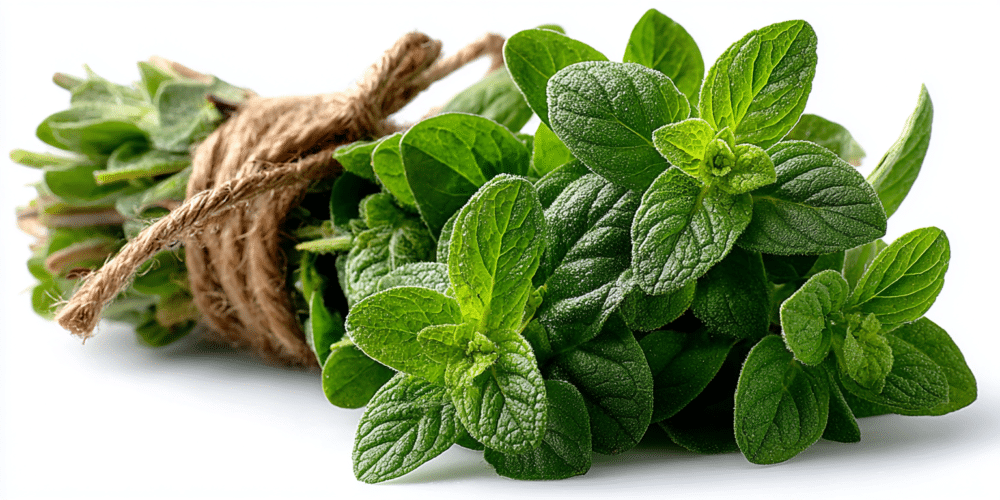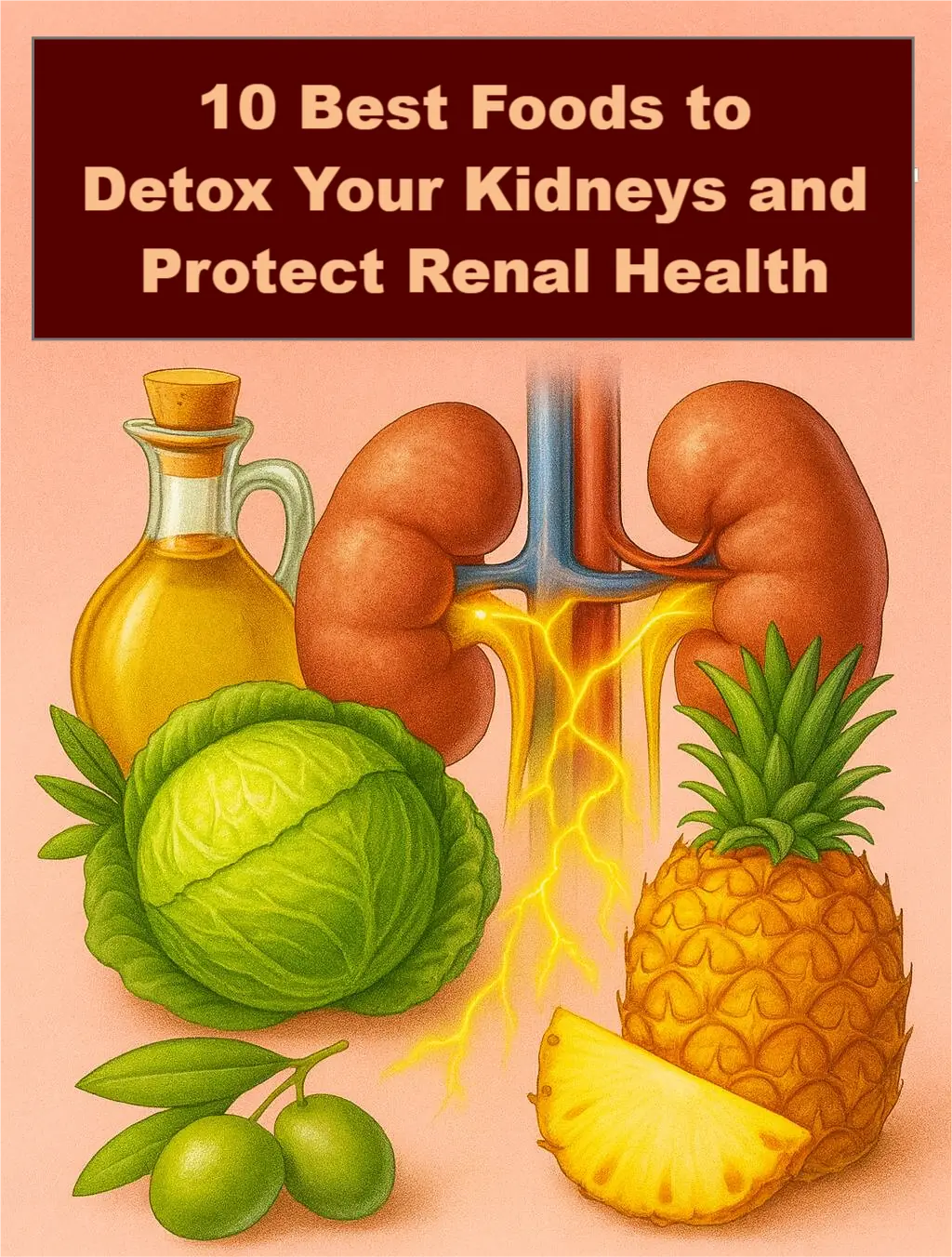
The #1 plant to eliminate mucus and phlegm instantly (how to use it!)
That constant feeling of mucus stuck in your throat can be surprisingly disruptive. It can make you swallow repeatedly, clear your throat over and over, or feel like your voice just won’t cooperate. While drinking water is a great first step — and truly one of the best natural ways to thin mucus — hydration alone sometimes isn’t enough to dissolve that sticky, stubborn phlegm.
For generations, people have turned to plants with medicinal properties to ease congestion and support clearer breathing. Many of these plants act as expectorants (helping the body expel mucus), anti-inflammatories, or natural antimicrobials that can calm irritation and fight the microbes behind mucus overproduction.
This article — inspired by the research of physician and psychologist Dr. Iñigo Martín — explores 10 of the most effective plants for dealing with excess throat mucus. You’ll learn not only why they work, but also how to prepare them correctly, how often to take them, and what side effects to watch for.
Before we begin, keep something important in mind:
Persistent mucus, fever, difficulty breathing, or symptoms lasting more than a few weeks should always be checked by a doctor. Natural remedies can help with mild discomfort, but they are not substitutes for medical care — especially if you already take medications or have chronic health conditions.
10. Laurel (Bay Leaf): A Classic Mucus-Fighter
Laurel — the same leaf many people use in cooking — contains two powerful active compounds: eucalyptol and eugenol. These work together to lighten mucus and combat germs:
-
Eucalyptol thins thick, sticky mucus
-
Eugenol helps fight bacteria and viruses in irritated airways
Imagine Carlos, a 72-year-old who wakes up every morning with stubborn mucus that makes speaking difficult. After drinking laurel tea several times a week, he starts noticing that the mucus becomes less dense and easier to clear.
Laurel was so respected in ancient Greece that poets and Olympic champions wore crowns made of its branches — a symbol of clarity, wisdom, and purity.
How to use laurel
Laurel tea:
-
Boil 1 cup of water
-
Add 2 bay leaves
-
Cover and steep 10 minutes
-
Drink twice a day
Steam inhalation:
-
Add 5 leaves to a bowl of hot water
-
Lean over with a towel covering your head
-
Inhale for 5–10 minutes
Laurel works gradually: after a few days mucus becomes thinner; after 2 weeks many people feel noticeably clearer.
9. Olive Oil: A Gentle but Powerful Anti-Inflammatory
Most people know olive oil is good for the heart, but few realize it can also help ease throat irritation caused by mucus. A surprising study compared the anti-inflammatory effects of olive oil to ibuprofen — and found similar results.
On top of reducing irritation, olive oil has mild antibacterial qualities, making it helpful when mucus is linked to a low-grade infection.
How to use olive oil
-
Take 1 tablespoon of extra-virgin olive oil on an empty stomach
-
Add lemon if you want a fresher flavor
-
For direct relief, gently warm a spoonful and gargle for 1 minute before swallowing
Unlike many cough syrups, olive oil supports overall health, improving digestion, immunity, and cardiovascular well-being.
8. Guava: A Vitamin-Rich Mucus Solution
Guava is a powerhouse fruit with five times more vitamin C than oranges. Vitamin C strengthens the immune system, but it also has expectorant properties that help your body expel mucus naturally.
The leaves are equally impressive. They contain quercetin, which:
-
Helps break down built-up mucus
-
Reduces airway inflammation
-
Makes it harder for viruses to multiply
How to use guava
Eat the fruit:
-
One fresh guava per day helps support immunity and mucus clearance.
Leaf tea:
-
Use 5 dried leaves
-
Pour hot water over them
-
Cover 10 minutes and drink twice a day
Guava leaves contain natural tannins that reduce mucus production, offering both relief and prevention.
7. Clove: A Tiny Spice With Big Respiratory Power

Clove contains eugenol, which makes up nearly 85% of its essential oil. Eugenol acts as a natural antibiotic and a potent anti-inflammatory that directly targets the airway tissues where mucus forms.
Historically, clove was so valuable that ancient Romans valued it more highly than gold. Its medical uses were known long before modern science confirmed them.
How to use clove
-
Tea: Add 2 cloves to a cup of hot water and steep 10 minutes
-
Chew: Place one clove between your cheek and teeth and let it release its oils
-
Combo tip: Clove + cinnamon creates an even stronger mucus-fighting team
6. Ginger: One of the Most Effective Mucus Breakers
Few plants work on mucus as powerfully as ginger. Its active compounds, gingerols and shogaols, break down the proteins that make mucus thick and sticky — like scissors cutting tangled threads.
Research shows ginger may reduce mucin production (the main mucus protein) by up to 30%.
It also:
-
Relaxes the bronchial muscles
-
Opens airflow
-
Helps your body fight viruses such as the flu and RSV
How to use ginger
Tea:
-
Slice a thumb-sized piece of fresh ginger
-
Boil in 500 ml water for 10 minutes
-
Drink warm
Powder:
-
Mix ½ teaspoon powdered ginger in hot water
-
Drink twice a day
5. Cinnamon: A Sweet, Warming Mucus Remedy
Cinnamon’s active ingredient, cinnamaldehyde, fights bacteria and viruses while helping thin out thick respiratory mucus.
It also stimulates the movement of cilia — the tiny hairs in your airways that sweep mucus upward and out.
A note about types of cinnamon
-
Ceylon cinnamon = best and safest
-
Cassia cinnamon = common but contains more coumarin (limit if used daily)
How to use cinnamon
-
Tea: 1 tsp Ceylon cinnamon powder or half a stick
-
Paste: Mix cinnamon with olive or coconut oil (2 parts oil, 1 part cinnamon)
-
Add to drinks: Sprinkle in morning tea or coffee
4. Garlic: Nature’s Most Famous Antimicrobial
Garlic becomes powerful only after you crush it, because that’s when allicin forms — its main antimicrobial compound. Allicin attacks bacteria and viruses and strengthens your immune system.
Studies show garlic may reduce the duration of common colds significantly.
How to use garlic
-
Crush a clove, let sit 10 minutes, then mix with a bit of oil
-
For a gentler version, simmer crushed garlic in plant milk for 5 minutes
-
Garlic capsules (600–1000 mg/day) are an option if labeled with allicin content
3. Rosemary: A Classic Remedy With Modern Science Behind It

Rosemary contains rosmarinic acid, which:
-
Reduces airway inflammation
-
Protects bronchial tissue
-
Helps fight germs
Ancient Romans burned rosemary in public places to purify the air, noticing fewer respiratory problems among those who breathed it regularly.
How to use rosemary
-
Tea: 1 tsp dried or 2 tsp fresh leaves; steep 10 minutes
-
Steam inhalation: Boil a handful of rosemary in water and inhale for 5–10 minutes
2. Apple Cider Vinegar: A Simple but Effective Solution
Apple cider vinegar (ACV) owes its mucus-reducing power to its acetic acid, which creates an environment where harmful microbes struggle to survive.
Hippocrates used vinegar in respiratory treatments more than 2,000 years ago.
How to use ACV
-
Mix 1 teaspoon ACV into a glass of warm water
-
Or gargle with equal parts warm water + vinegar for 30 seconds
-
Always choose organic, unfiltered ACV with the “mother”
1. Oregano: One of the Most Complete Natural Respiratory Cleansers

Oregano contains carvacrol and thymol, which work together to:
-
Kill bacteria and viruses
-
Thin mucus
-
Stimulate cilia movement
-
Strengthen immune response
This combination makes oregano one of the most complete natural tools for managing throat mucus.
How to use oregano
-
Tea: 2 teaspoons dried oregano in hot water, steep 10 minutes
-
Cooking: Add fresh oregano to meals daily
-
Consistency matters: Most people see the best results after 10–14 days
Key Takeaways
-
Laurel: Thins mucus and fights germs — use in tea or steam
-
Olive Oil: Reduces inflammation — take a spoonful on an empty stomach
-
Guava: High vitamin C + quercetin — eat fresh or use leaf tea
-
Clove: Strong antimicrobial — use in tea or chew
-
Ginger: Breaks down mucus proteins — boil slices for tea
-
Cinnamon: Boosts cilia activity — use Ceylon in tea or paste
-
Garlic: Strong natural antibiotic — crush and rest before consuming
-
Rosemary: Reduces inflammation — drink as tea or use steam
-
ACV: Creates an antimicrobial environment — drink diluted or gargle
-
Oregano: Cleans and strengthens airways — use in tea or meals
Understanding the Real Causes of Excess Mucus
If mucus keeps returning, it may not be a simple cold. Common underlying causes include:
-
Postnasal drip (mucus from the nose sliding down the throat)
-
Acid reflux irritating the throat
-
Respiratory infections
-
Hormonal changes, especially around menopause
-
Dry air, which tricks the body into producing thicker mucus
If you live in a dry climate, spending time near the coast or using a humidifier can make a noticeable difference.
How to Prepare These Teas Correctly
For most herbs:
-
Boil 240 ml (1 cup) of water
-
Pour over the plant material
-
Cover for 10 minutes
-
Strain and drink
Always cover the cup to keep essential oils from escaping with the steam — that’s where most of the benefits are.
A Final Word of Caution
Natural remedies can be powerful allies, but they are not universal solutions. Always talk to your doctor if:
-
Symptoms last more than a few weeks
-
You have fever, chest pain, or difficulty breathing
-
You take medications (some herbs interact with drugs)
-
You have chronic conditions
Nature offers incredible tools — but using them correctly is just as important as choosing the right ones.
News in the same category


Doctors warn: these everyday antacids could be putting your heart in danger

Doctors Reveal What Really Happens When You Use Castor Oil

The Natural Secret Doctors Never Tell You That Melts Away Uric Acid Fast

9 Convincing Reasons to Consume More Dates

Two handfuls of peanuts daily boost memory in 4 months

Prunes and bone health: surprising benefits beyond constipation relief

12 Weird Diabetes Skin Problems You Need To Know

High Cholesterol: Causes, Risks, and Natural Ways to Lower It

Acid Reflux (GERD): When Should You See a Doctor?

Hypothyroidism: The Silent Condition With Easily Overlooked Symptoms

3 pain areas on your body that might be early cancer warning signs

A New Era of Near Vision Clarity Through VIZZ Eye Drops

Vaping harms your heart more than you realize

Ever Wake Up But Can’t Move

Gout Disease: The Untold Truth and 5 Common Treatment Mistakes

Arthritis Explained: Types, Causes, and Natural Pain Relief Methods

High Blood Pressure: Why It’s Dangerous and How to Stabilize It Naturally

MEDICATIONS YOU SHOULD NEVER TAKE WITH COFFEE

10 Best Foods to Detox Your Kidneys and Protect Renal Health
News Post

Why wood—not diamonds—is the universe’s rarest treasure

A Nearby Earth-Sized World Raising New Hopes for Habitability

How Finnish Forest Kindergartens Let Kids Thrive in Any Weather

Taiwan Researchers Develop Promising Hair-Regrowth Serum With Dramatic Lab Result

Pick the Breakfast You’d Eat

What Happens to Your Body When You Eat Canned Tuna Every Day

Why Some Children Don’t Visit Their Parents Often

The Hidden Fish Puzzle That’s Stumping the Internet

So this is what it does, here is the answer

The Hidden Details in Women’s Underwear — And What They Really Mean

Experts reveal that eating bananas in the morning cause

Why Cutting Your Own Hair Is About More Than Just Saving Money

Why Are Tree Trunks Painted White

Penguins Reject Cheaper Fish as Japanese Aquarium Tries to Cut Costs

I Thought I Found Insect Eggs Under My Bed

This is the correct way to wash grapes; washing them wrong can make them even dirtier

Emirates Airlines: A Legacy of Unmatched Safety and Reliability in Aviation

Dragon Bravo Fire: Arizona's Megafire Threatens the Grand Canyon and Beyond

The zodiac signs with a supernatural sixth sense… See now
